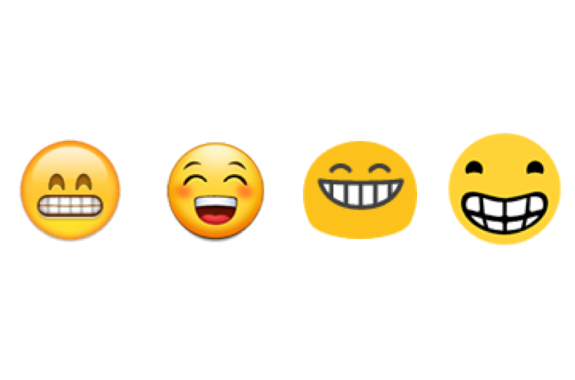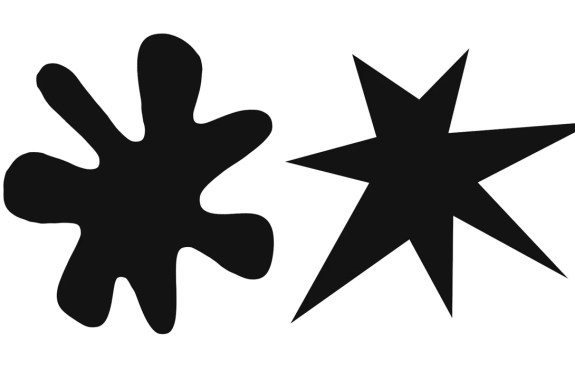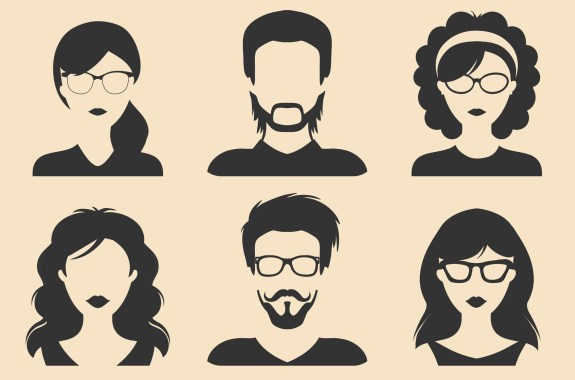11:55
That Emoji You’re Sending Is Open to Interpretation
Emoji, the tiny graphics used in text communications, can be interpreted in a variety of ways.
Media Guide: The Bouba-Kiki Effect
The Bouba-Kiki effect describes the tendency of people to identify certain sounds with specific types of shape. Students will test out the Bouba-Kiki Effect, learn about current research, create their own sound-shape pairings based on the theories behind the Bouba-Kiki effect, and evaluate different explanations for the effect based on their observations.
6:36
Behind the Bouba-Kiki Effect
In study after study, 90 percent of people agree: A pointy shape is named “Kiki” and a rounded shape is “Bouba.”
What Is Face Blindness?
Face blindness, or prosopagnosia, is more than just “being bad with faces.”
The Bouba-Kiki Effect
In most scientific research, upwards of 90% of people will associate a pointy polygon with “kiki” and a rounded amoeboid with “bouba.”
The Emotive Power of Voice
New research reveals how emotions conveyed by our own voice influence our moods.
25:18
Weighing the Evidence on Mind-Body Medicine
In “Cure,” Jo Marchant shares the results of her deep dive into the evidence for—and against—mind-body medicine, from placebo effects to hypnosis and meditation.
11:51
Roots of Schizophrenia, Zebra Stripes, and Wind Chill
Scientists discover a clue into the root cause of schizophrenia. Plus, the highs and lows of the wind chill effect.
10:17
Depression Screening for Pregnant Women
Between 14-23 percent of women will experience symptoms of depression during pregnancy, according to the American Congress of Obstetricians and Gynecologists.
11:21
What Role Does Partisanship Play Outside of the Polls?
How much of a role does political bias play in daily life outside of the polls?



